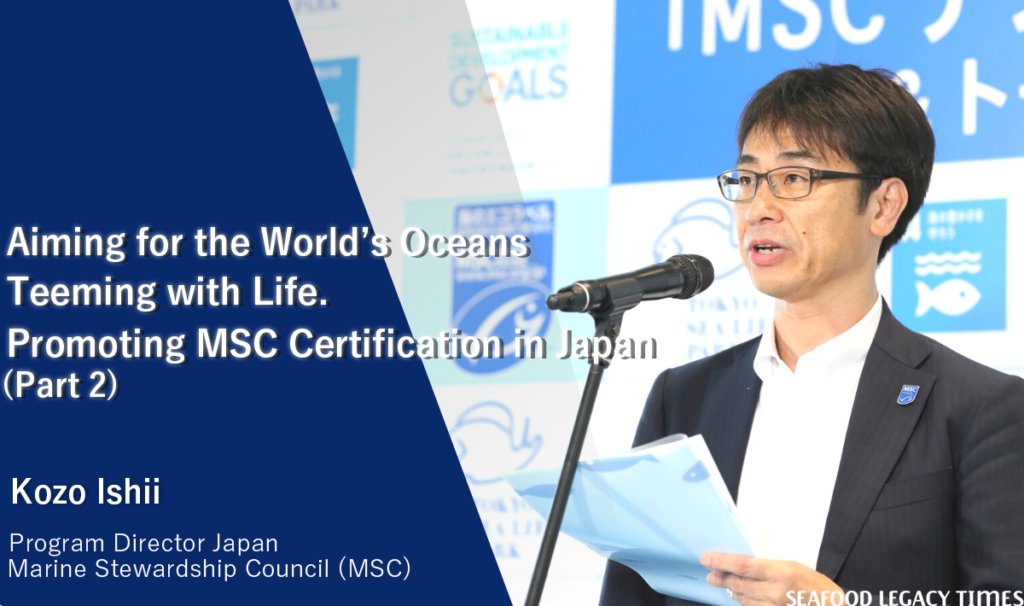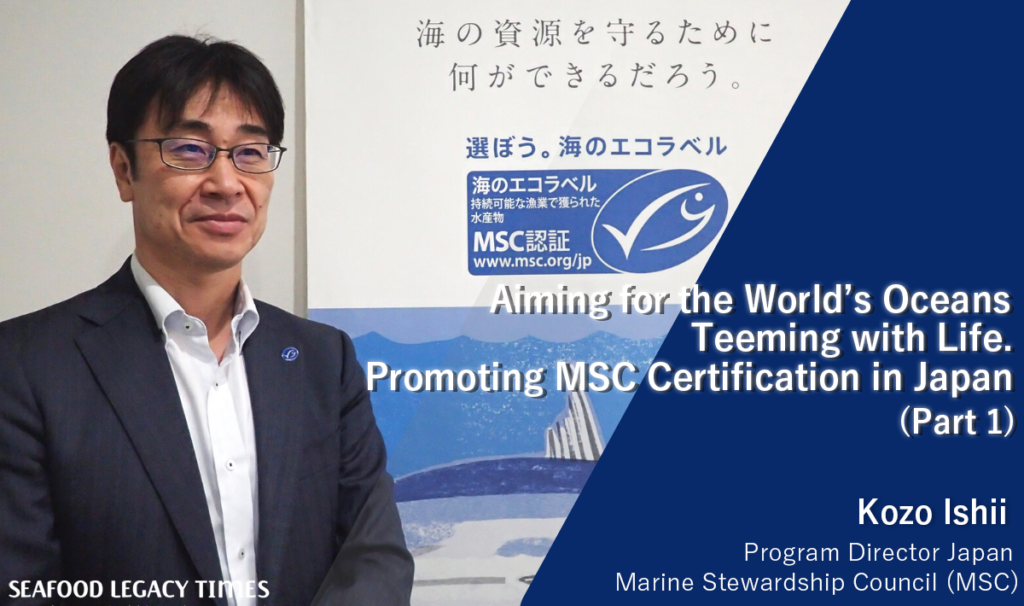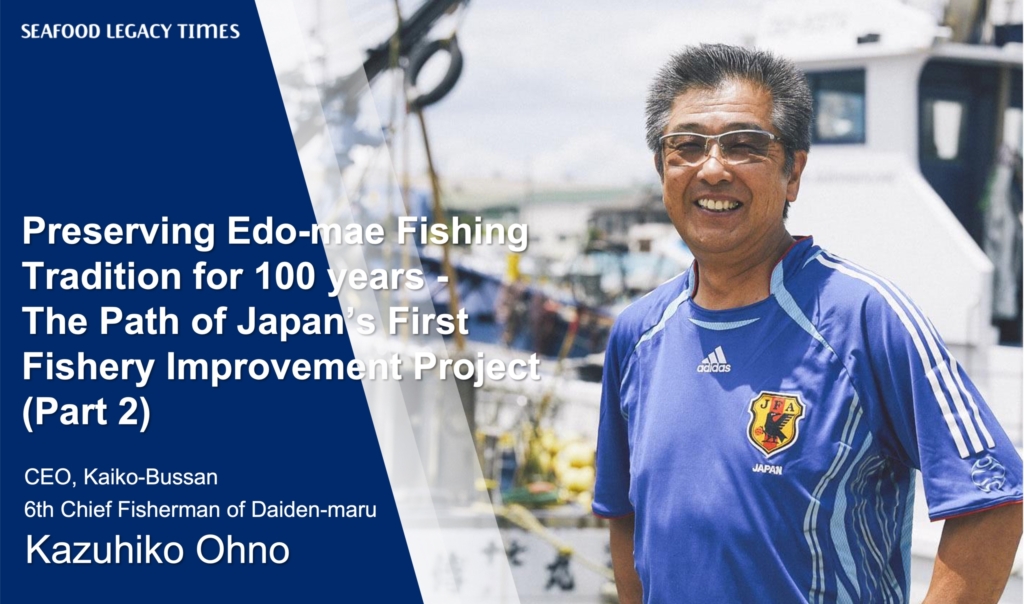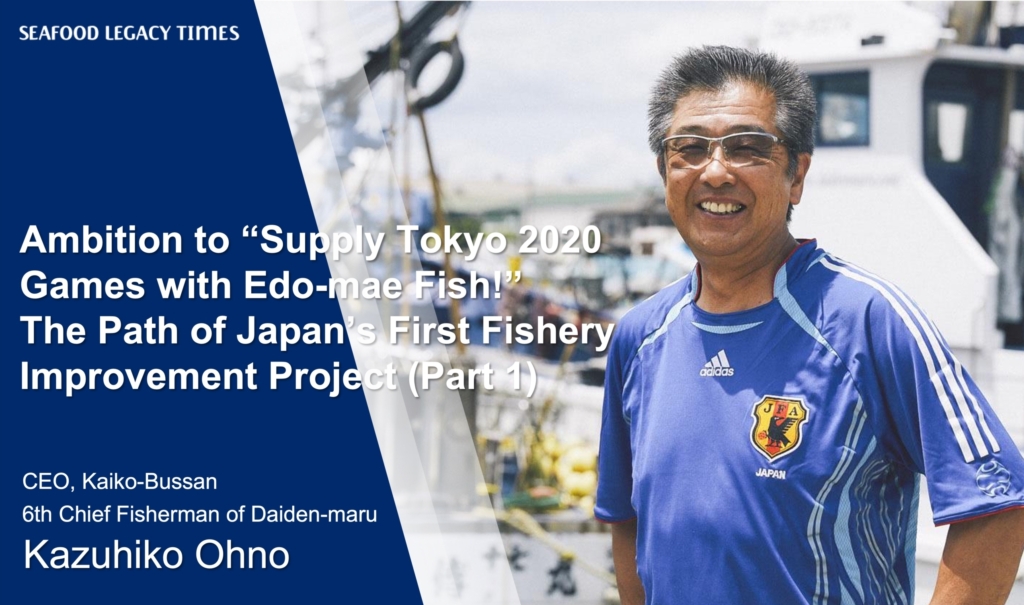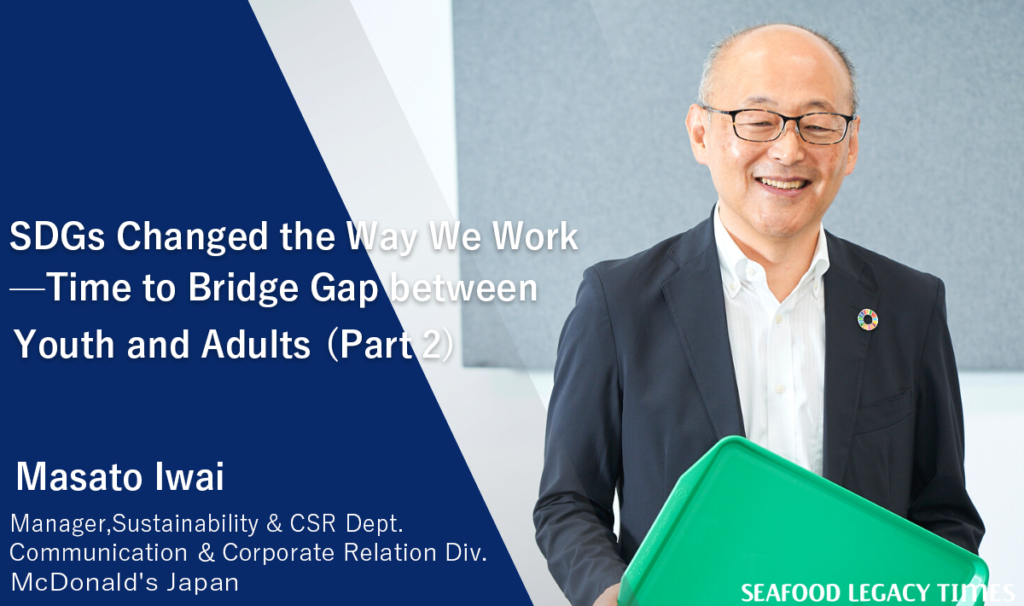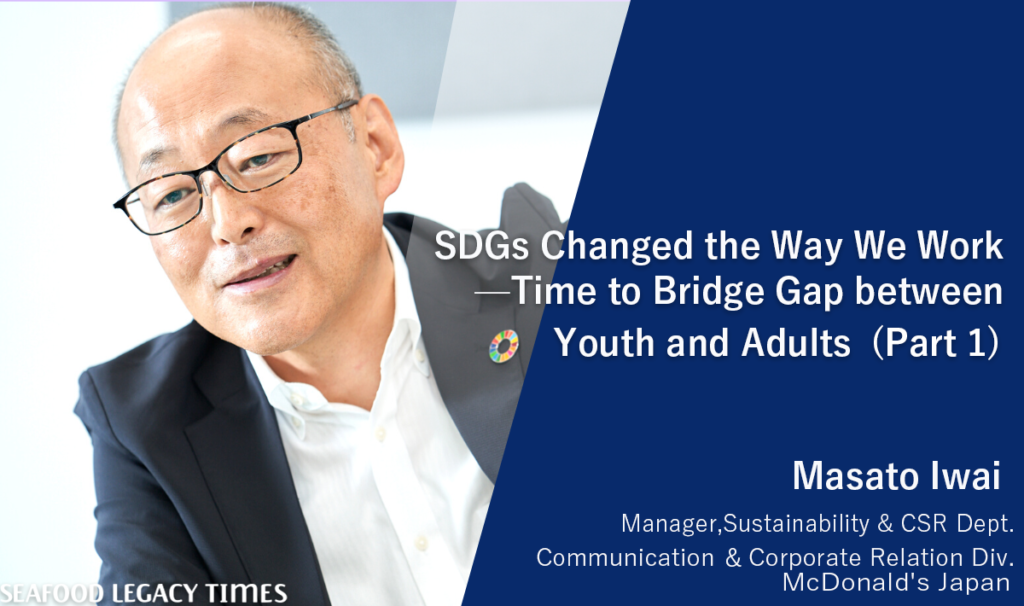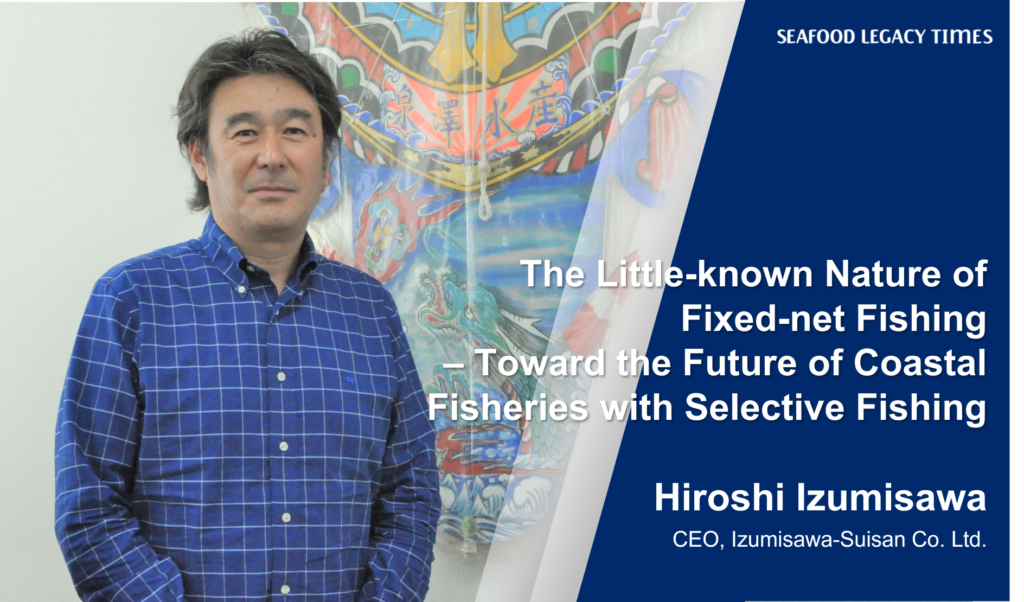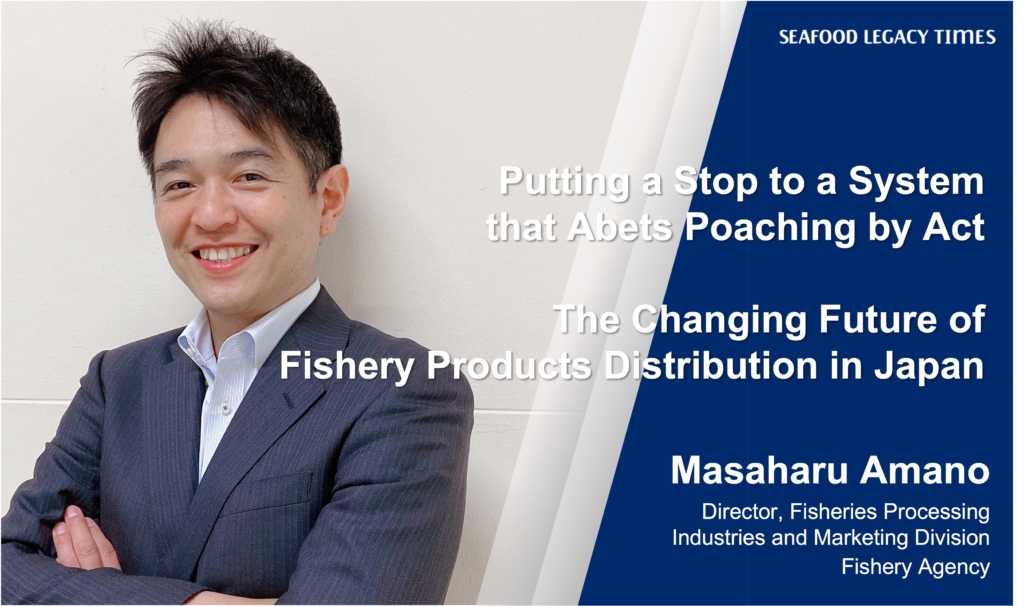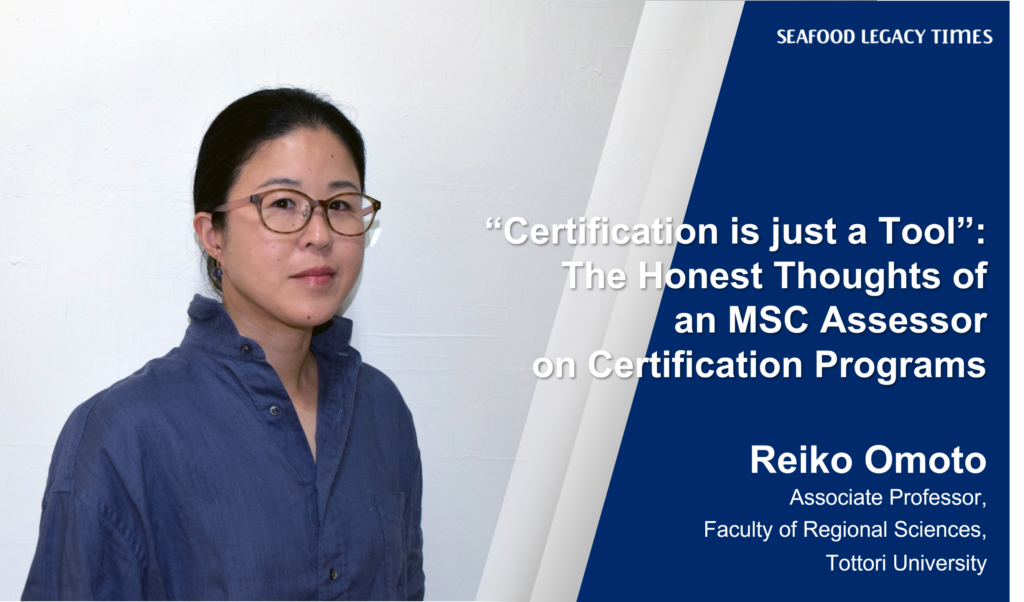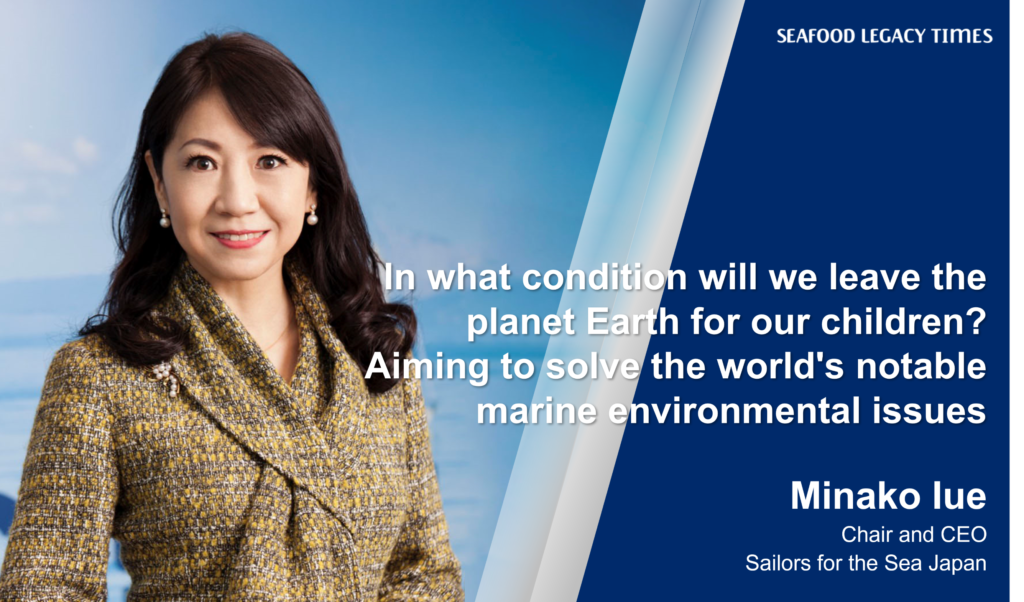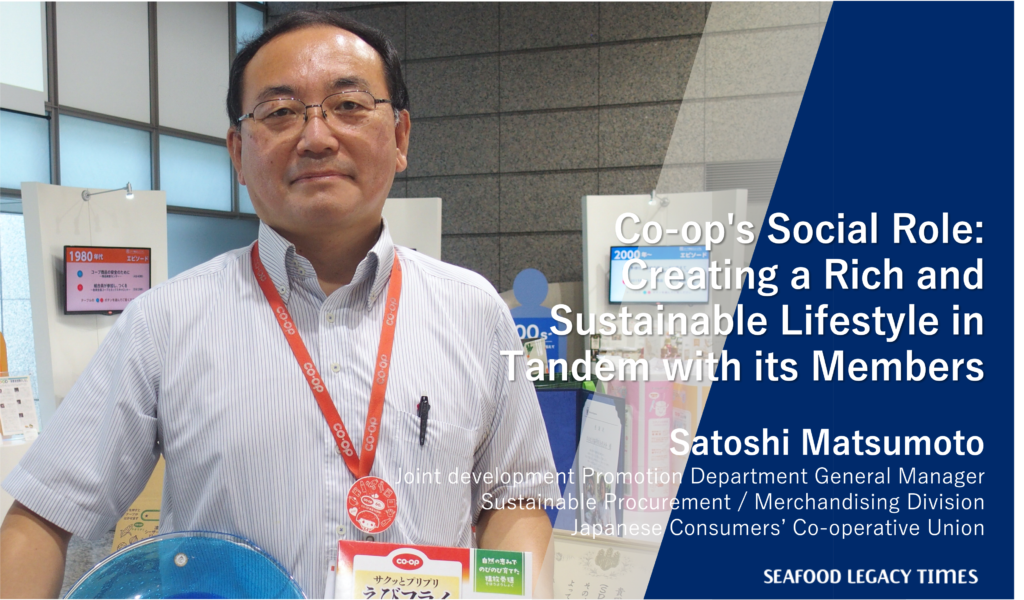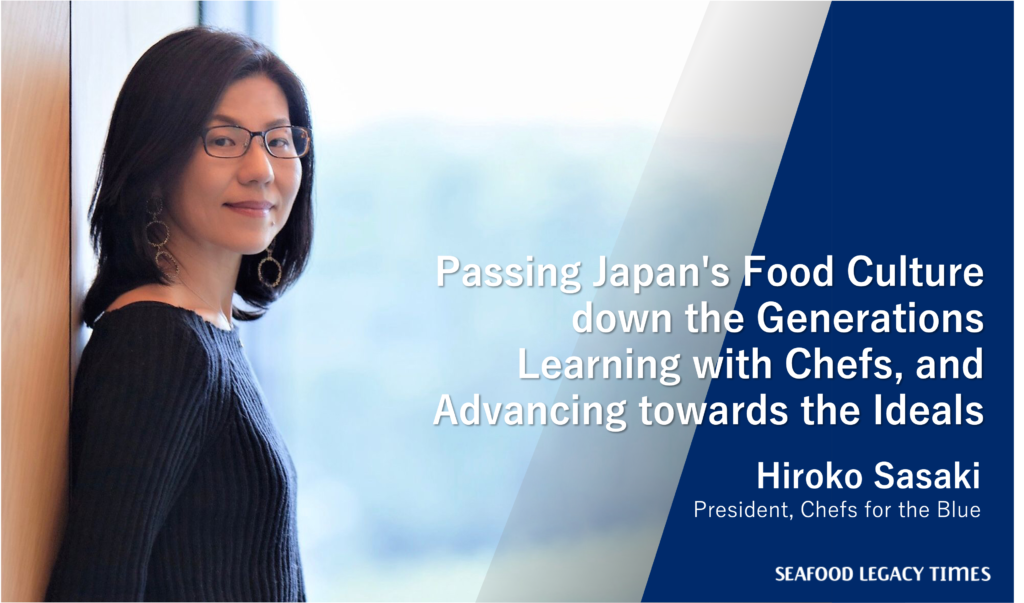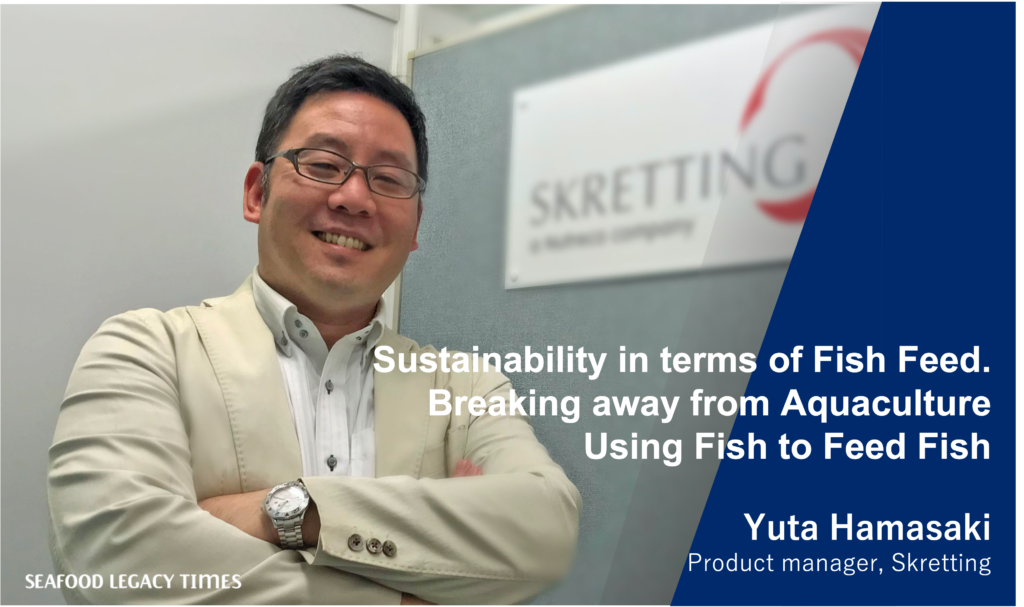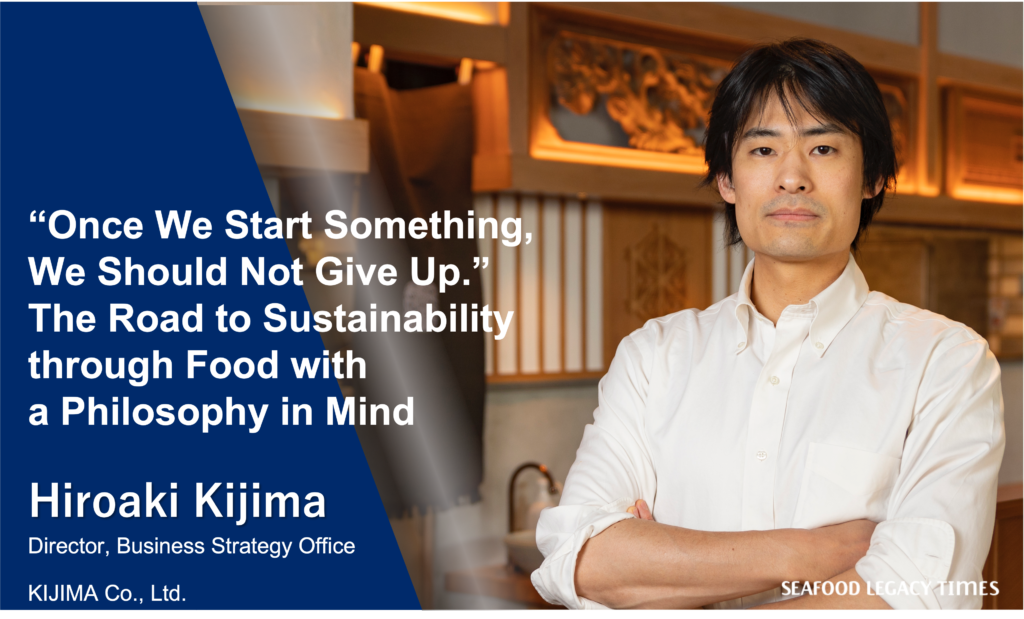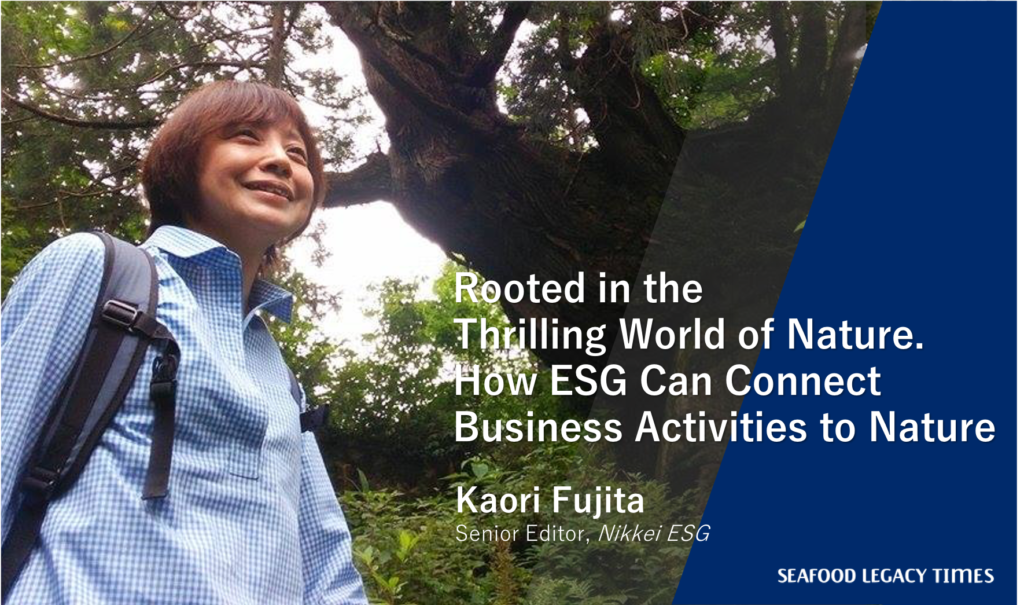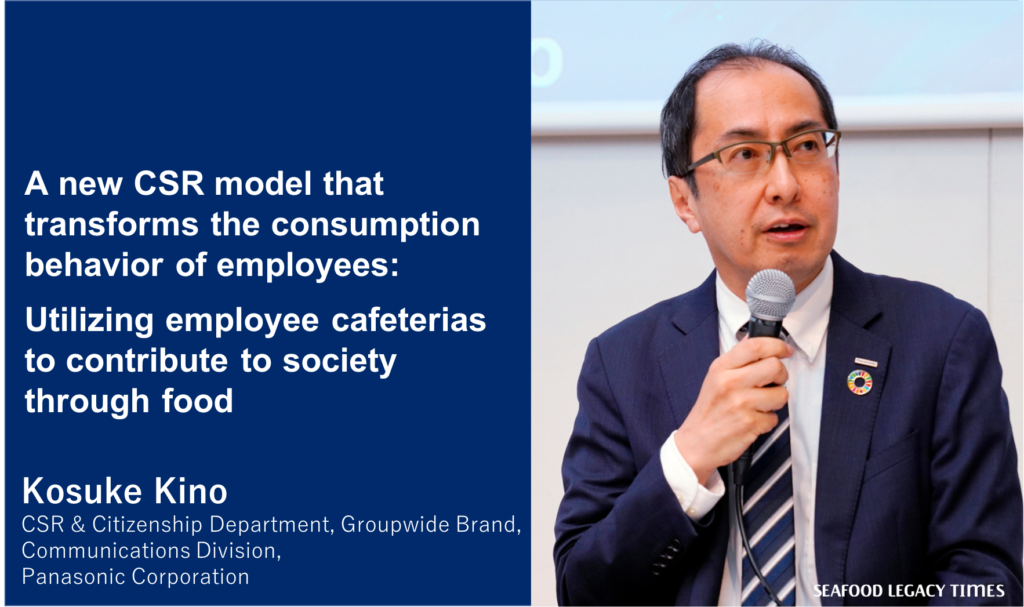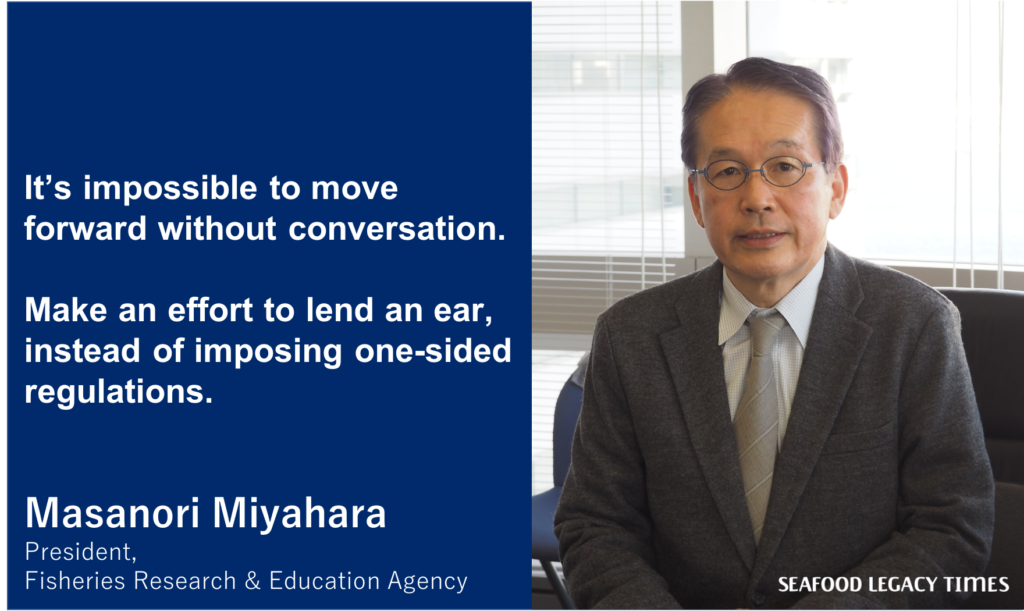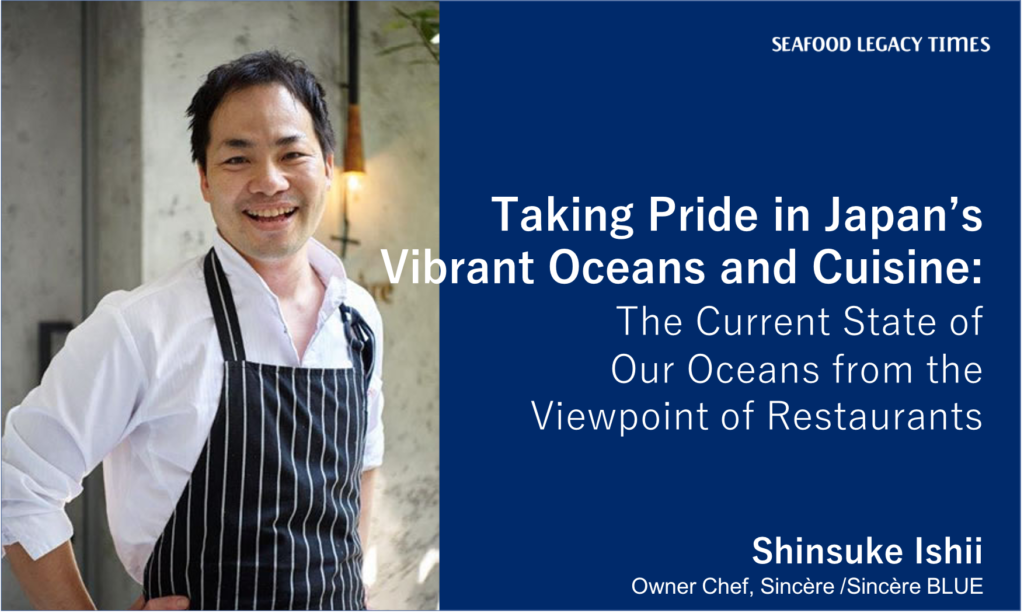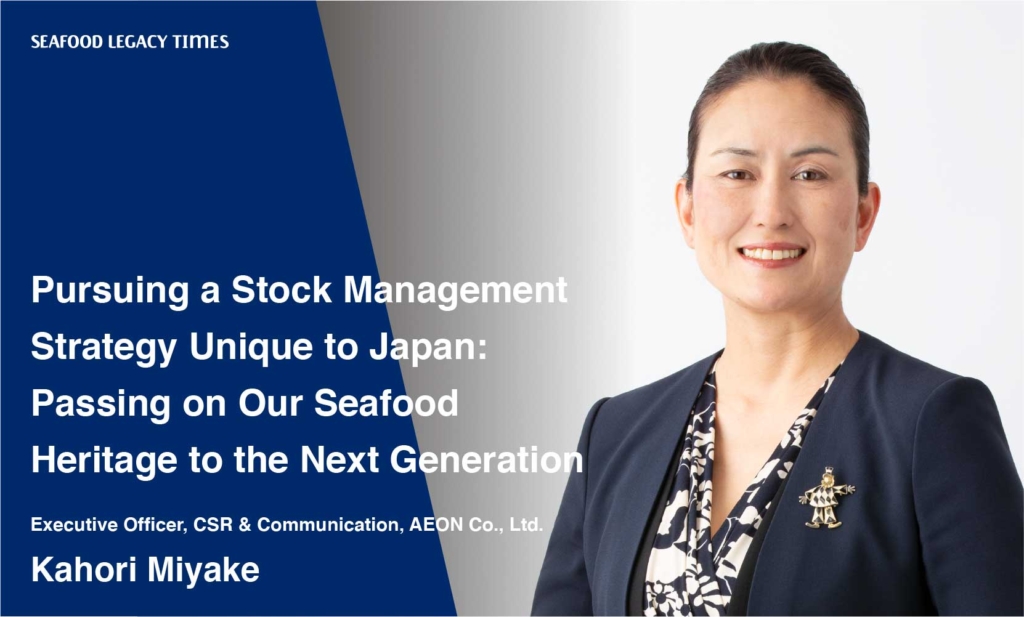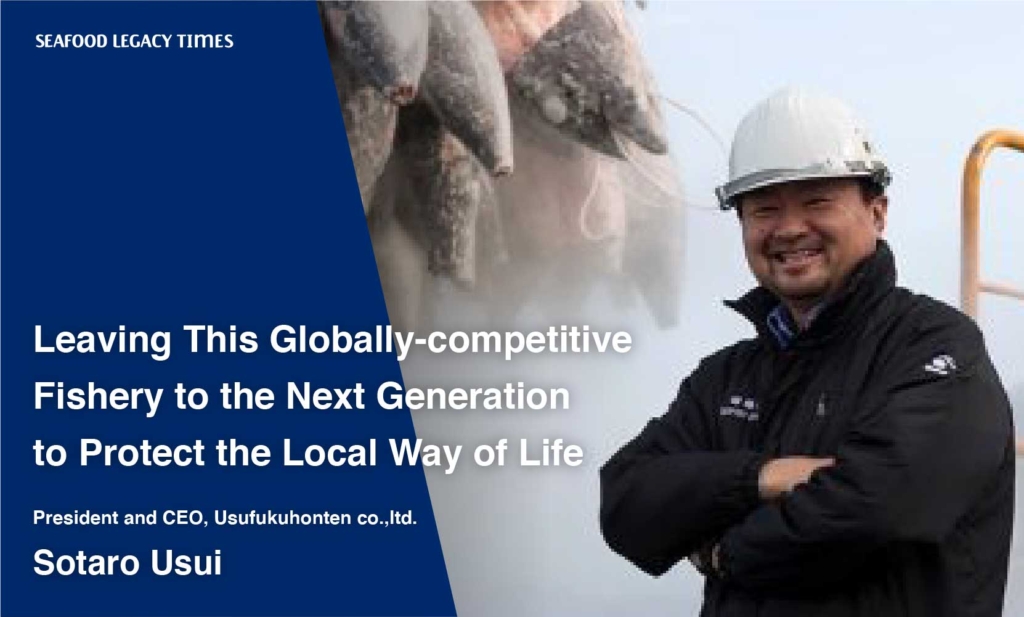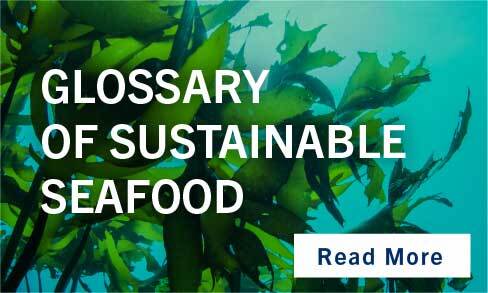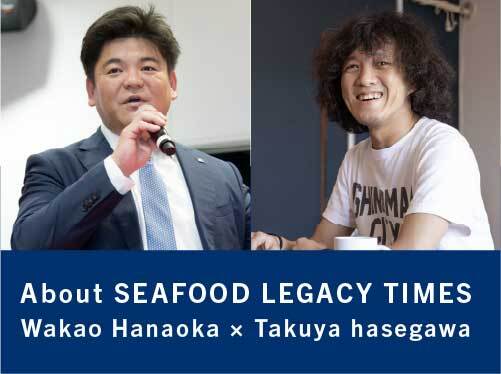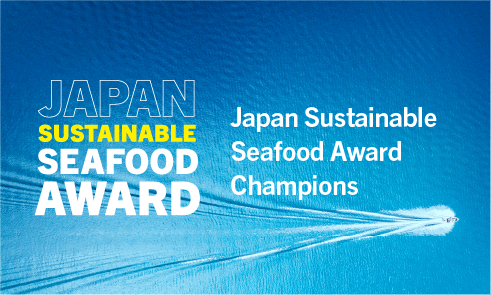

After a period of being held online during the COVID-19 pandemic, the Tokyo Sustainable Seafood Summit 2023 (TSSS2023) was held completely in-person in October 2023. Key players on the front line, such as businesses, NGOs, and international organizations discussed the environmental and social sustainability of seafood products.
The CEO of the Aquaculture Stewardship Council (ASC), Chris Ninnes, visited Japan for TSSS2023 as well. Aside from the keynote speech, he participated in several sessions, such as a panel discussion on the global seafood strategy and the role of aquaculture.
In this interview, we ask him about the current state of aquaculture in Japan and globally, as well as ASC’s vision for the future. In part 1, he talked about the issues of aquaculture in Japan that he felt during his visit, and the hopes he has for Japan in the growing Asian market.
Chris Ninnes
Chris Ninnes worked for the UK Department for International Development from 1983 to 2002 where he advised on seafood industry development issues in Africa and the Caribbean. He has also been a professional inshore fisherman.
From 2003 to 2006 Chris was Vice President of MRAG Americas, which followed his appointment as Technical Director for MRAG Ltd from 1996 until 2002.
He also served for Deputy CEO and Director of Operations at the Marine Stewardship Council (MSC) from 2006 to 2011, where he led the expansion of the MSC’s technical and commercial work.
Since October 2011, he has been CEO of the Aquaculture Stewardship Council (ASC).
– We heard that you inspected ASC-certified aquaculture farms this time around in Japan. What were your impressions?
I visited three farms in Miyagi Prefecture: Marukin which produces coho salmon, the Ishinomaki division of the Miyagi Prefecture Fisheries Cooperative Association which produces oysters, and the Youth group at Kitakami-cho Jusan-hama division, Miyagi Prefecture Fisheries Cooperative Association which produces wakame seaweed. I drove to the sites from Sendai Airport. I was impressed by the beautiful nature I saw along the way! I also learned a lot by touring the farms and speaking with the managers, and I was able to see the challenges faced by the ASC. In particular, how the ASC can support the export of seafood that was certified in Japan to other countries. This is something we will have to think about together with Japanese producers.
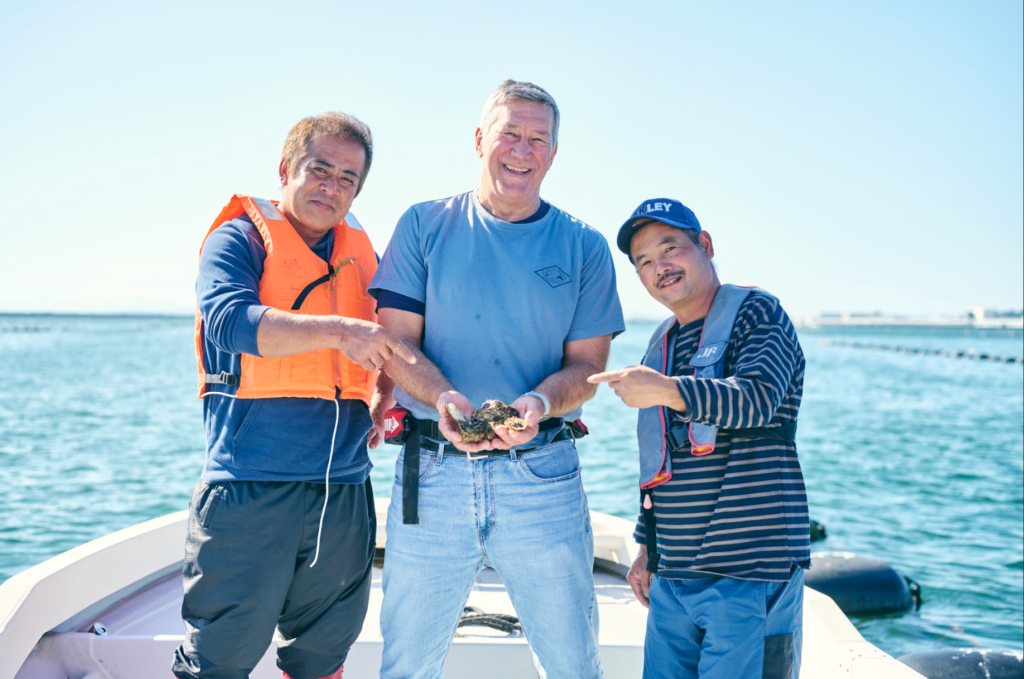 On the occasion of his visit to Japan, he inspected certified aquaculture farms in Miyagi Prefecture
On the occasion of his visit to Japan, he inspected certified aquaculture farms in Miyagi Prefecture
Certified seafood market in Japan is still small compared to other countries, and is currently growing. The current state is that the market is unable to expand distribution due to low supply, and the producers are unable to increase production due to low demand. It is a chicken-and-egg problem, so I think both sides need to come together to find a solution instead of waiting for the other side to make the first move.
——What do you think is needed to expand the certified seafood market in Japan?
It is clear that the Japanese government is pushing for greater management of fishery resources, as evidenced by the Fisheries Agency creating a new roadmap for tightening stock management. I feel that, as the next step, consumers must also recognize the importance of both environmental conservation and social responsibility, and create a demand for sustainable seafood.
I have been working at non-profit organizations such as MSC and ASC for about 20 years to promote seafood sustainability. Looking back on that experience, I feel that the cooperation of seafood businesses is important in expanding the certified seafood market. Furthermore, it is also important for retailers to sell more seafood and raise consumer awareness. In order to achieve these two things, we need to raise leaders who will promote sustainability within the seafood industry.
 “We need leaders who will promote sustainability within the Japanese seafood industry,” says Nines.
“We need leaders who will promote sustainability within the Japanese seafood industry,” says Nines.
To this end, I believe the ASC can promote the value of Japanese seafood both in Japan and abroad. However, this is not something the ASC can do alone, so we need to foster partnerships with seafood businesses and producers. At present (as of October 2023), there are 99 countries, about 50 fish species, and 22,000 products certified by the ASC. I feel we can further increase fish species by further developing our partnership with Japan.
——We understand that the ASC’s mid-to-long-term plan calls for a particular focus on activities in Asia, including Japan. What is the reason for that, and what do you expect from Japan?
The ASC has researched the global seafood market in recent years to develop strategies for the future. In this research, we analyzed things such as the occupancy of ASC-certified products in each country’s seafood market and how much ASC-certified products will be needed in the future based on population growth rates.
As a result, it has become clear that a strong sustainable seafood market has already been established in the EU, and demand is growing steadily in North America as well. On the other hand, the market is still in its early stages in Asia, including Japan, with demand for sustainable seafood only accounting for about 20% of the total seafood market at present. By 2030, however, demand is expected to grow by 15% to 35%, and by 2050 it is expected to double to 70%.
As you know, we cannot hope for the wild catch to increase, so the demand for sustainable seafood in Asia will be met by aquaculture. In the future, the certified seafood market in Asia will grow around aquaculture, and it could become a hub which moves the global market. Because of that, the ASC will focus on its activities in Asia.
In particular, we expect Japan to play a central role. From the viewpoint of sustainability, Japan is without a doubt the leader in Asia. It is also the largest importer after the U.S. and the EU, so it should fulfil its role as a leader. I hope Japan will have a positive impact on the rest of Asian countries.
——
Leaders who promote sustainability are crucial to develop the farmed seafood market in Japan. Furthermore, Japan is expected to play an important role in leading neighbouring countries as a leader in the growing Asian market.
Original Japanese text: Shino Kawasaki




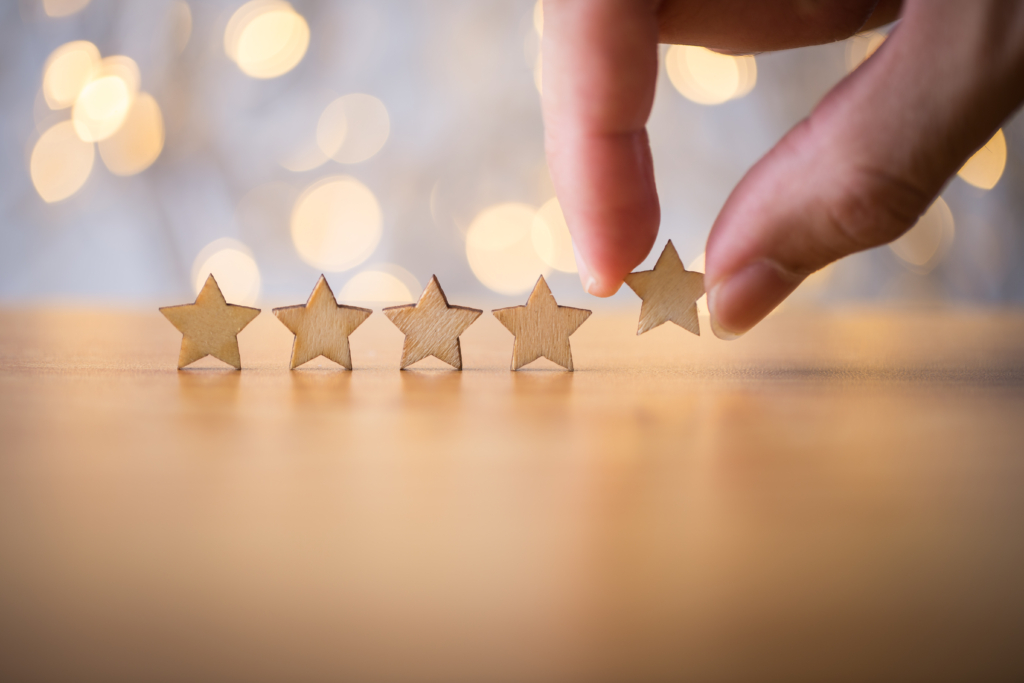




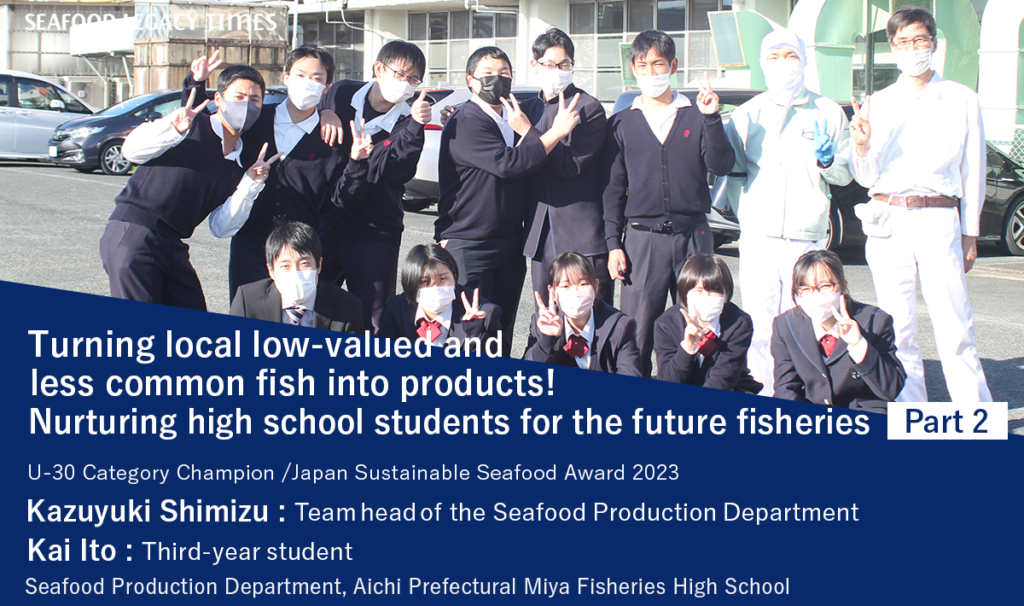
-1024x606.png)


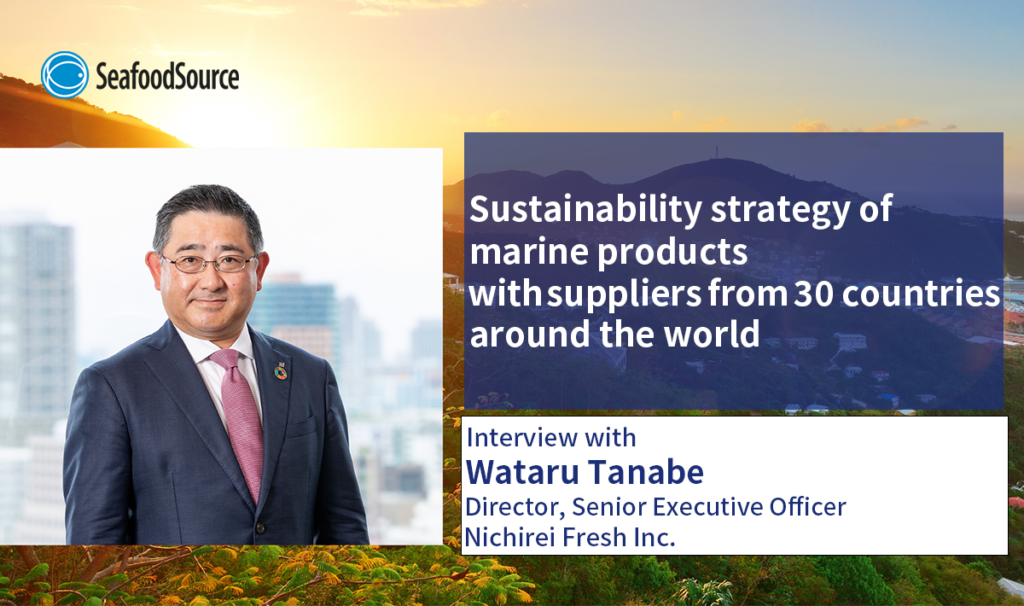
_-1024x606.png)

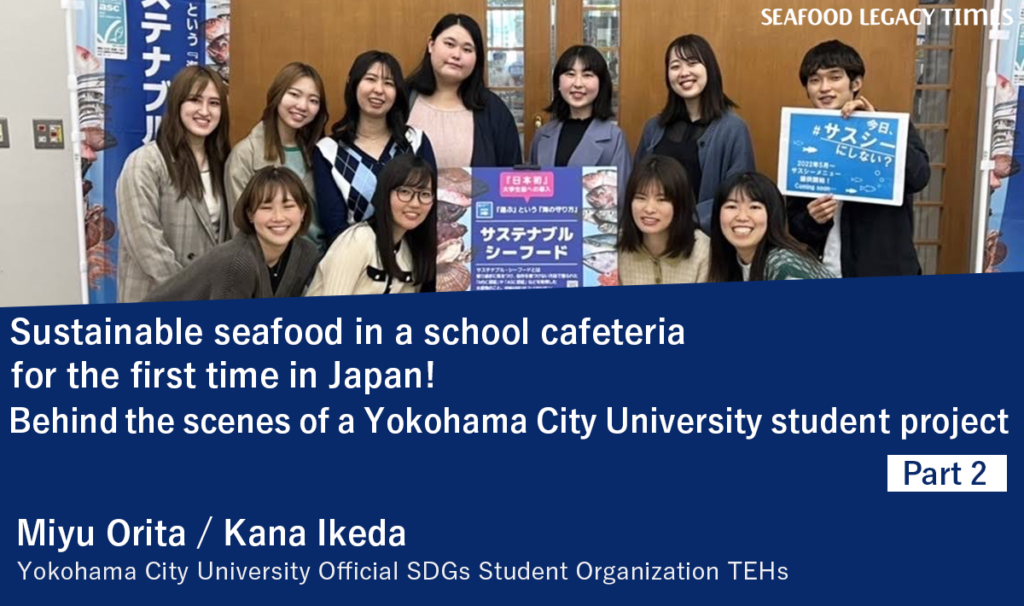
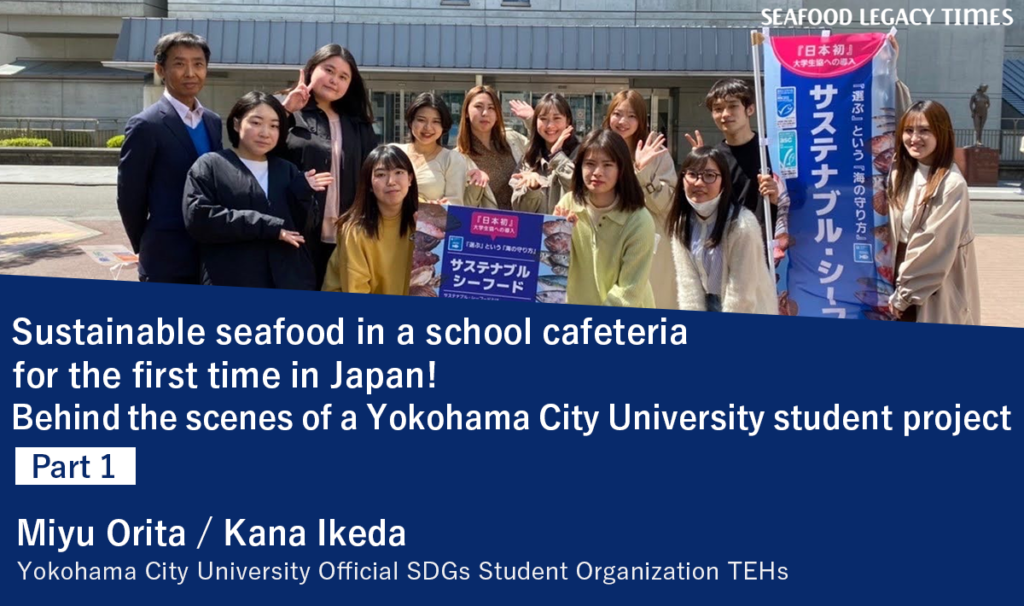



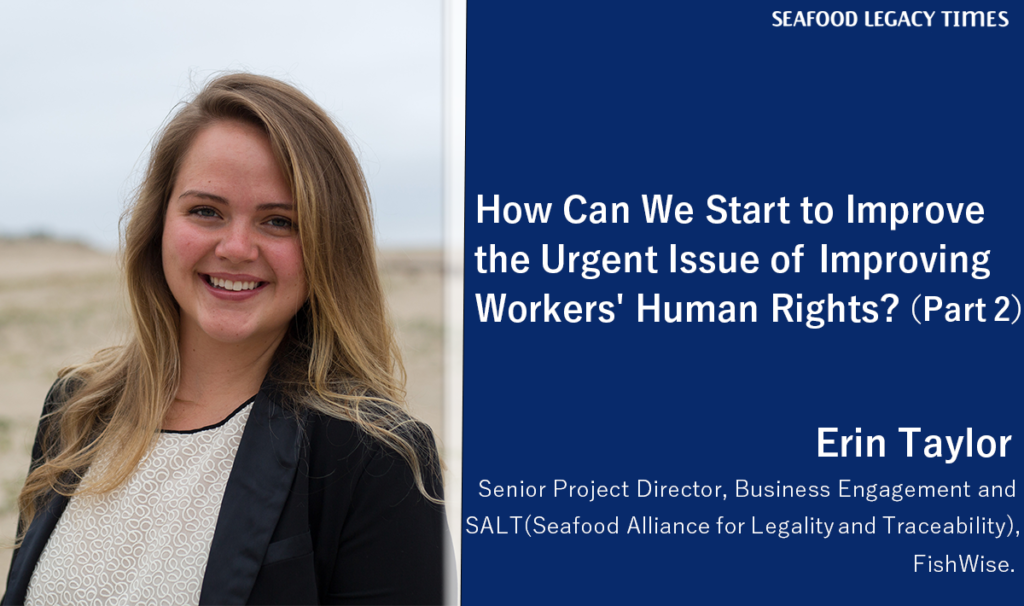
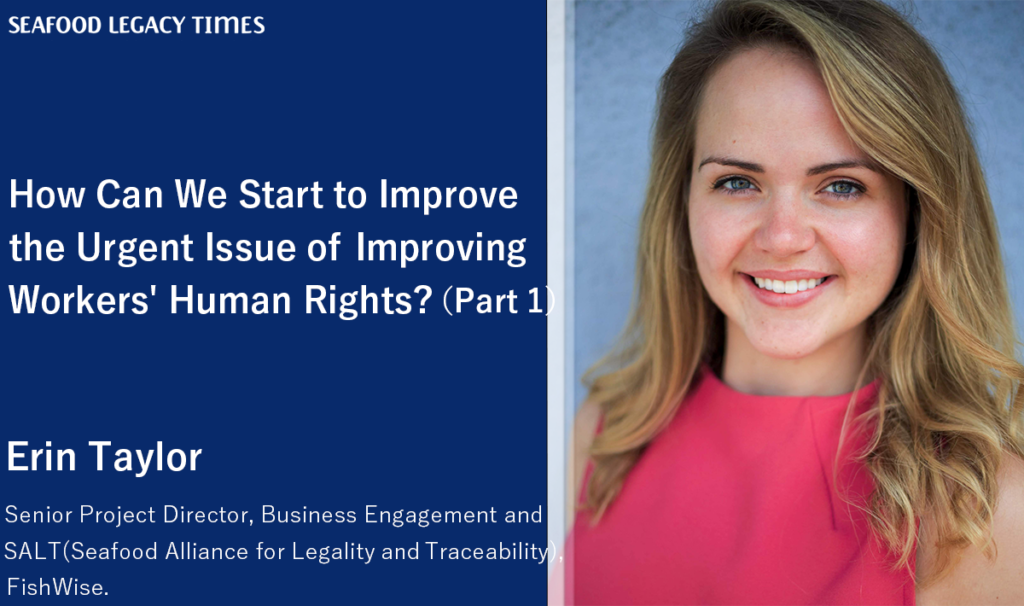
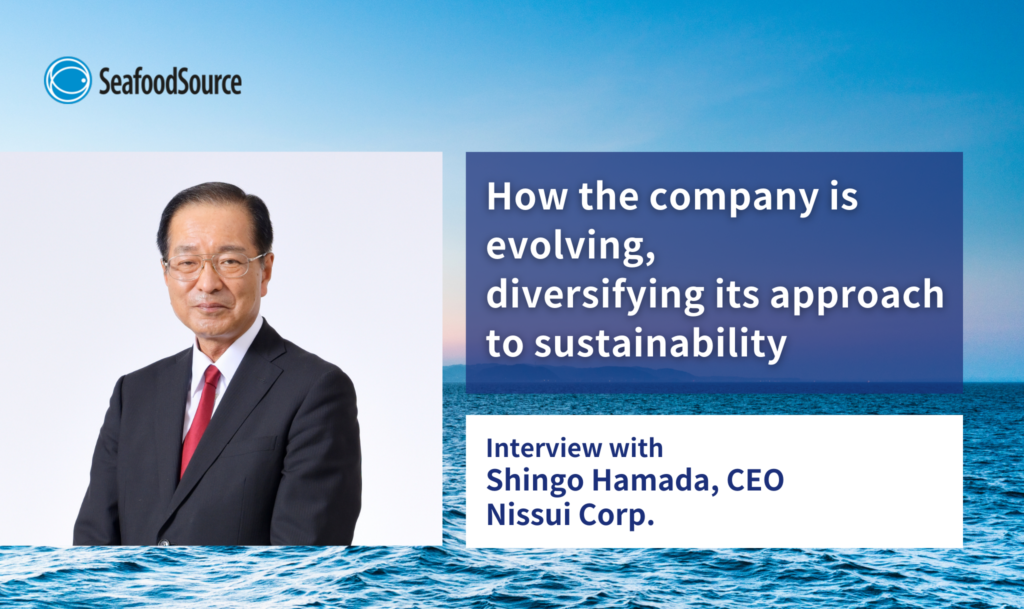




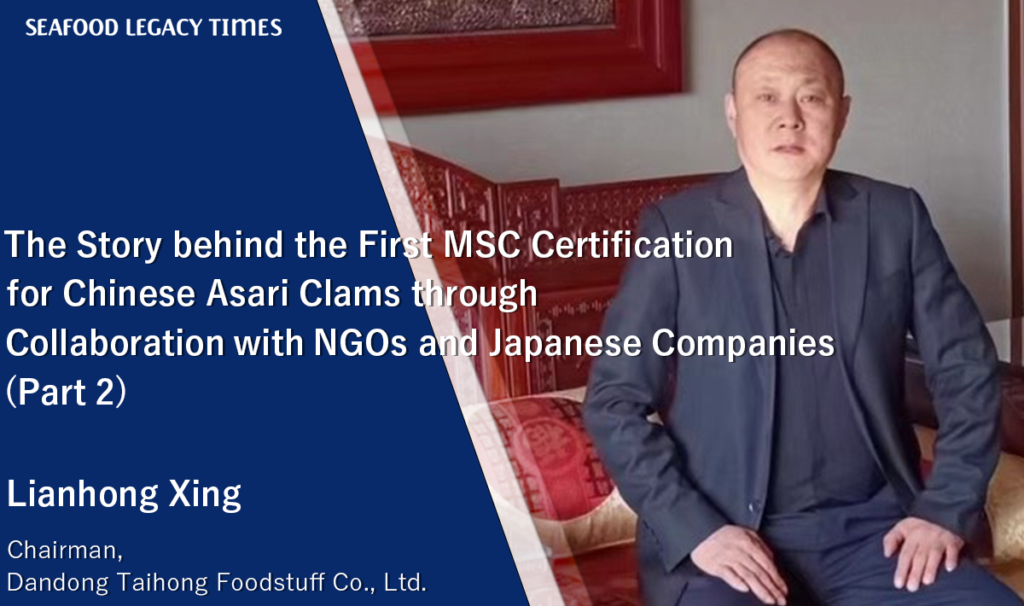
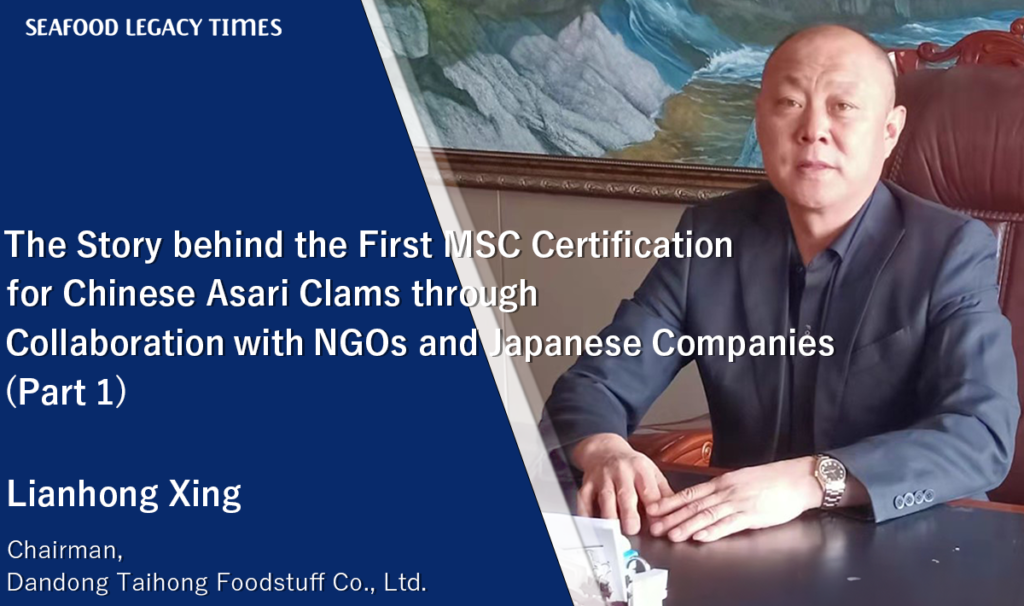

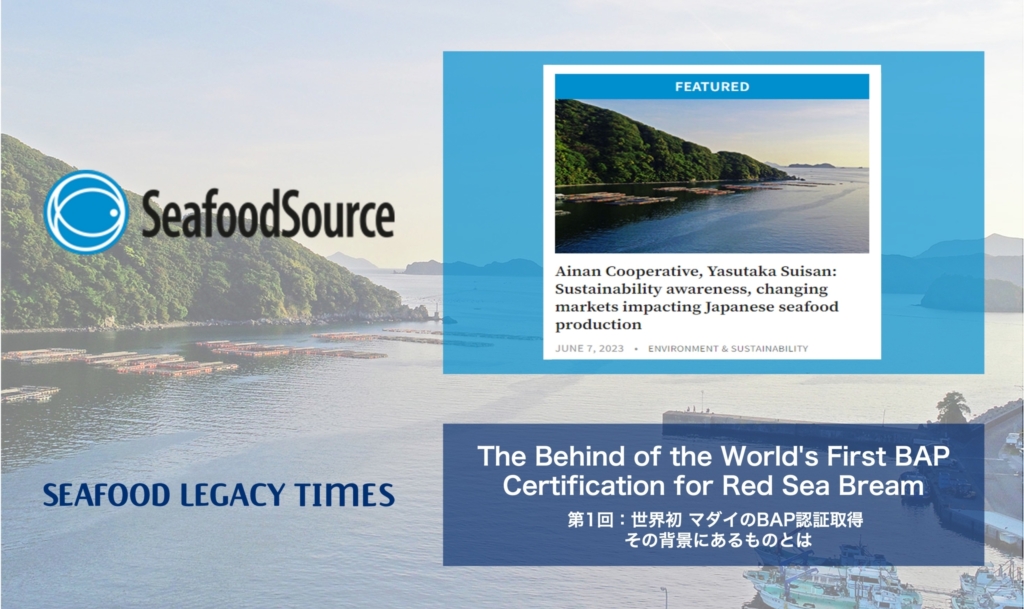

1_修正524-1024x606.png)


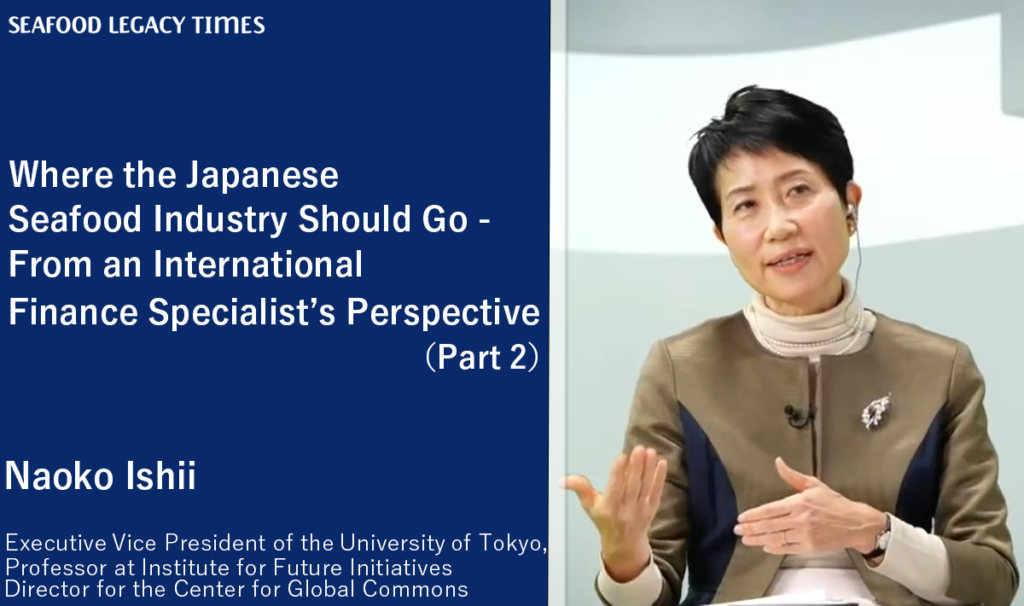







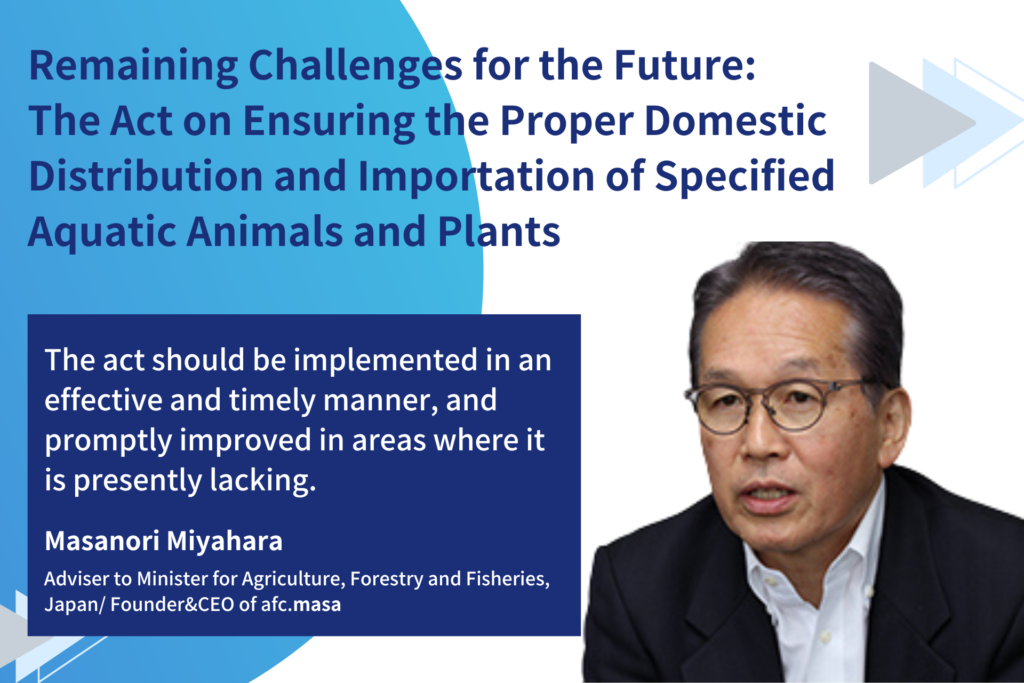
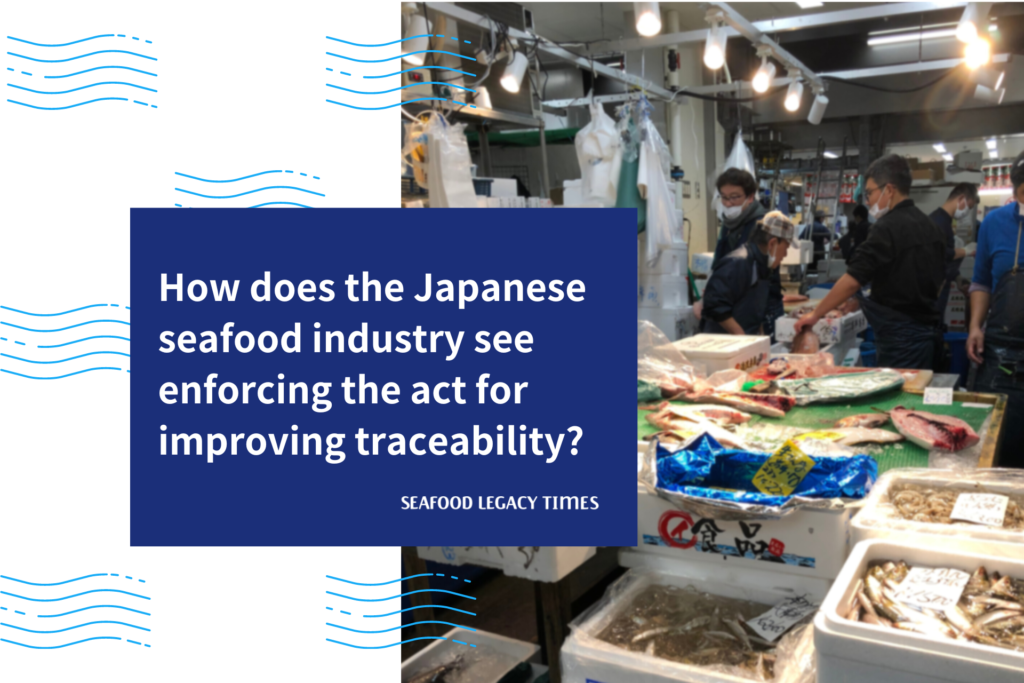



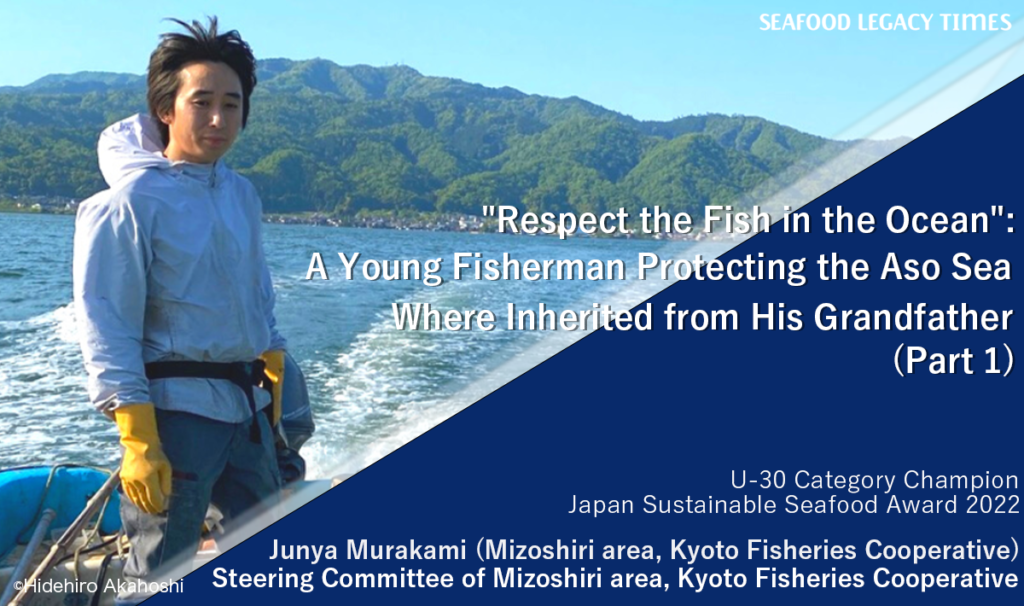
.2-1024x606.png)
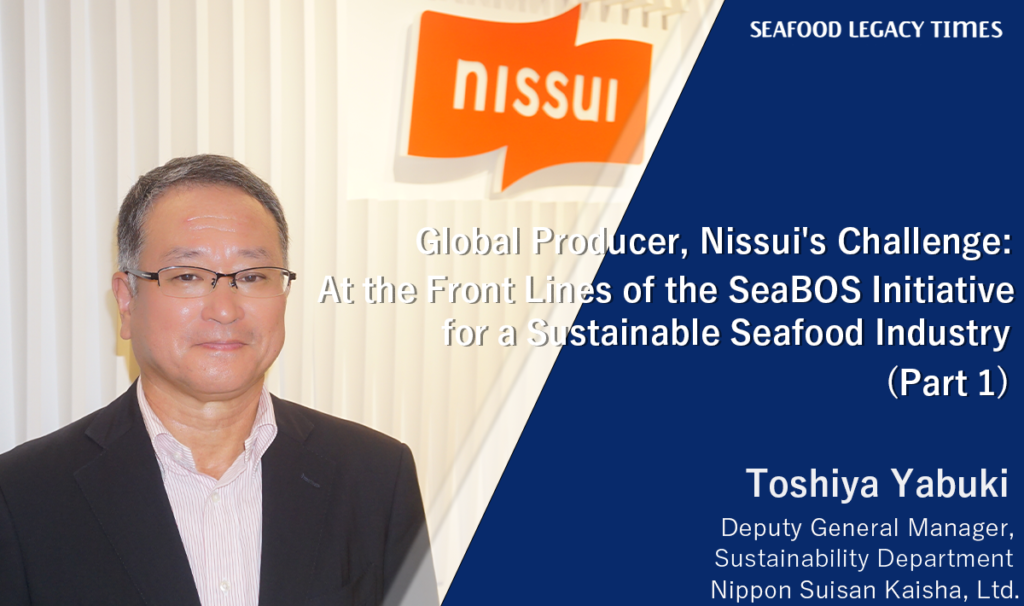
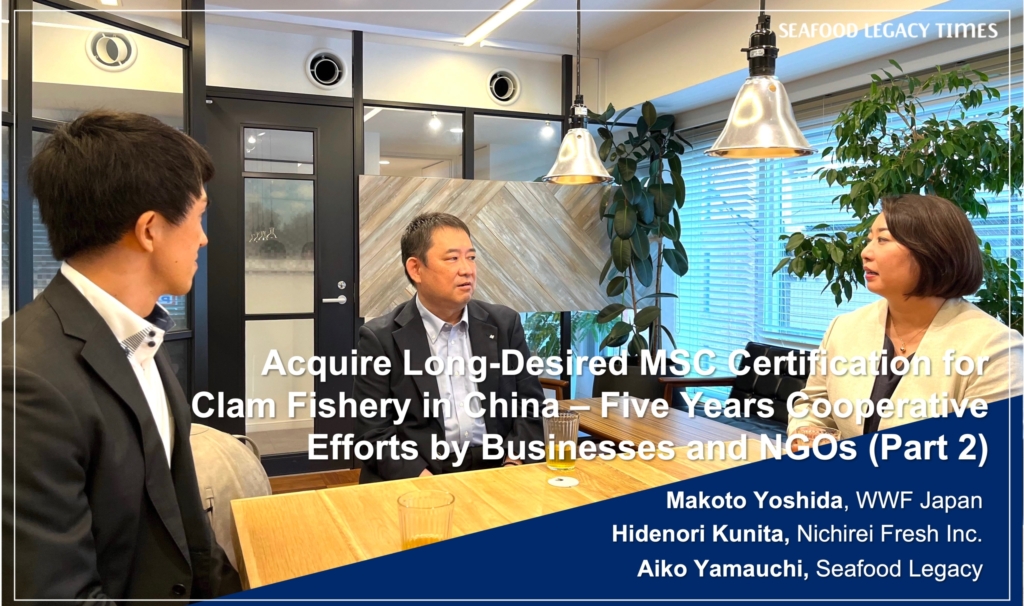
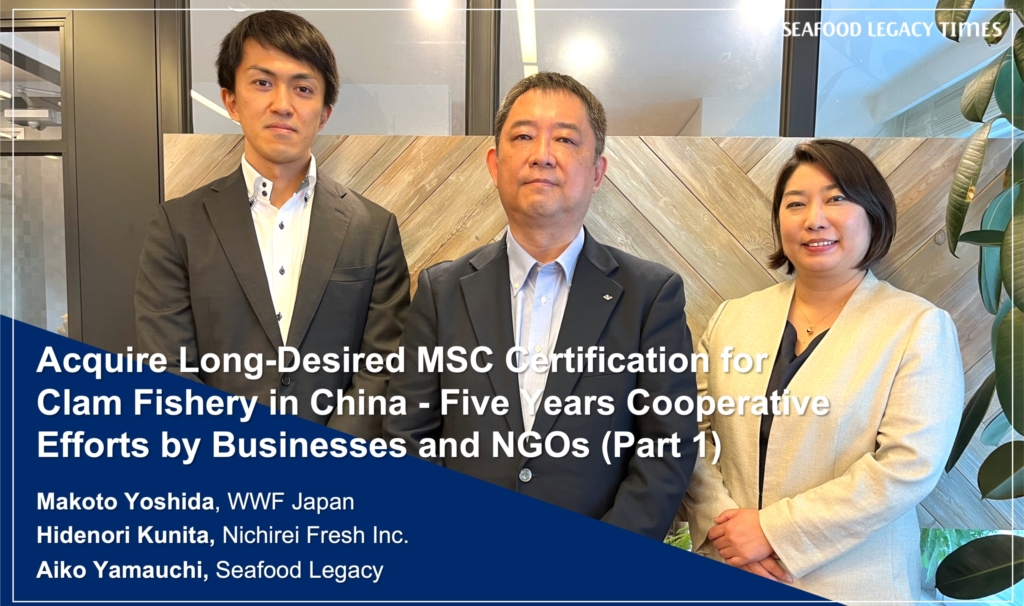






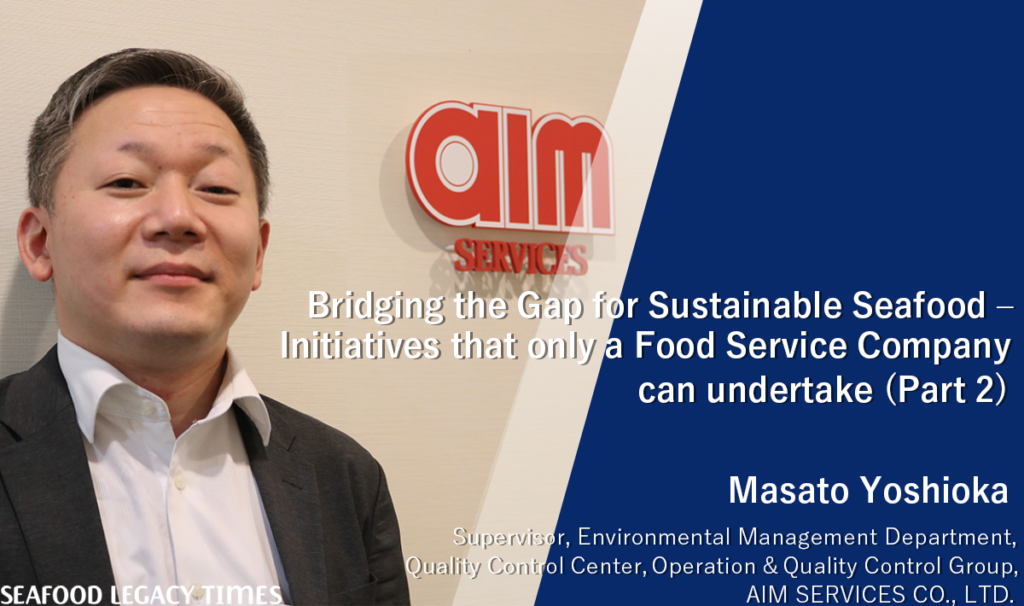
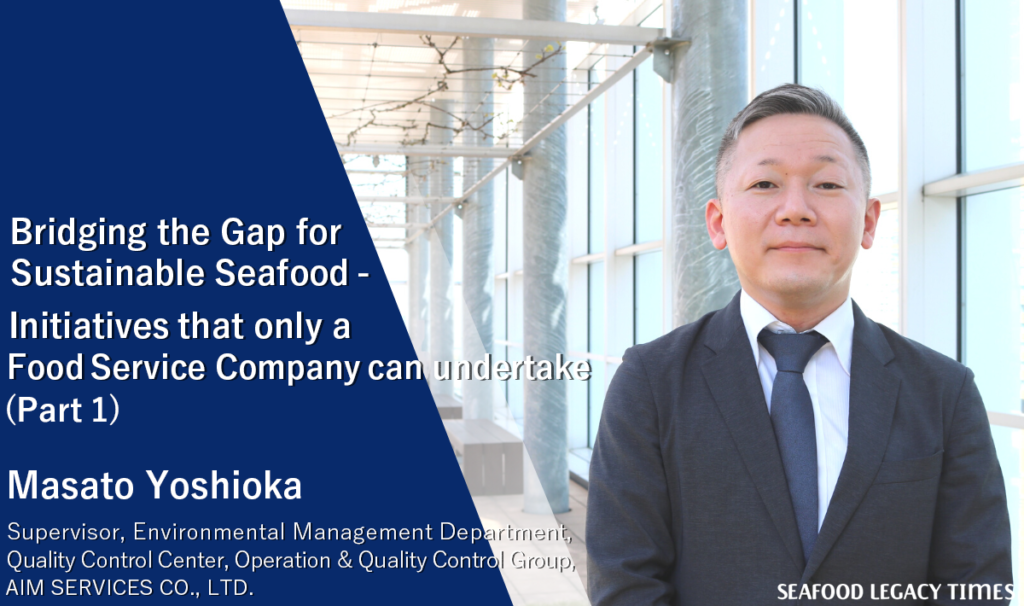
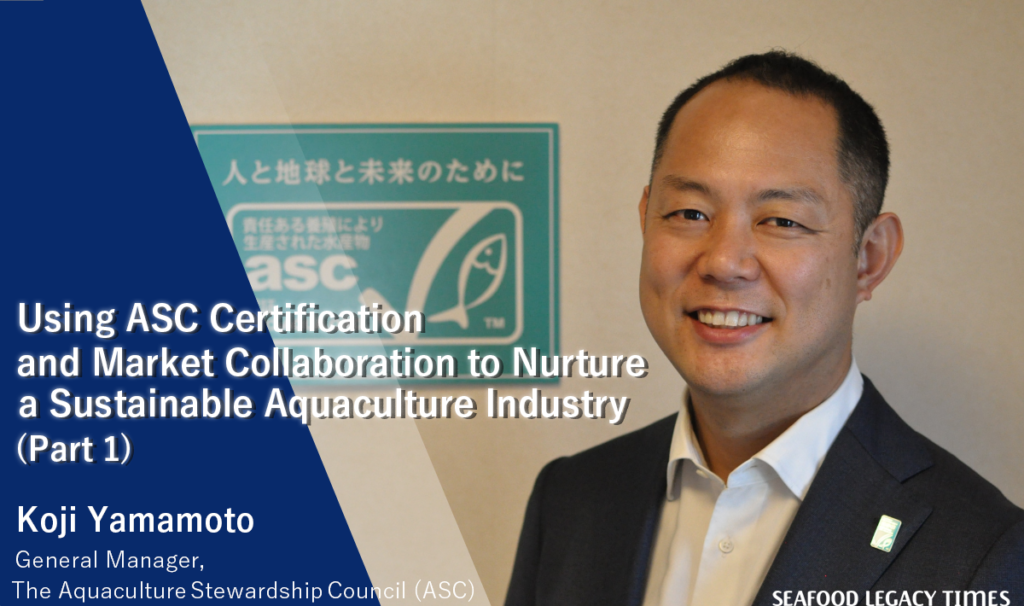
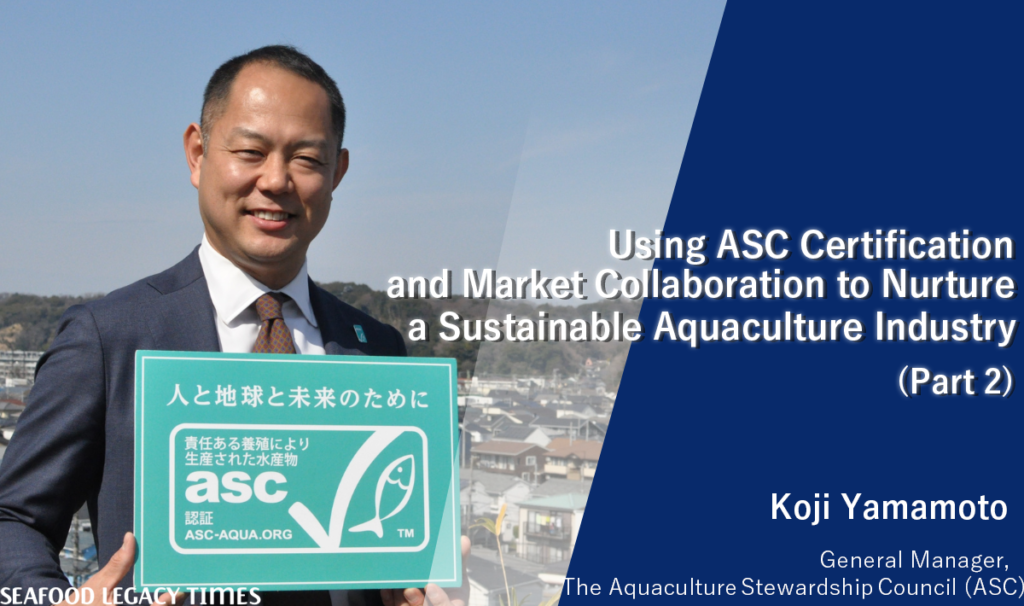
2-1024x606.png)
-1-1024x606.png)
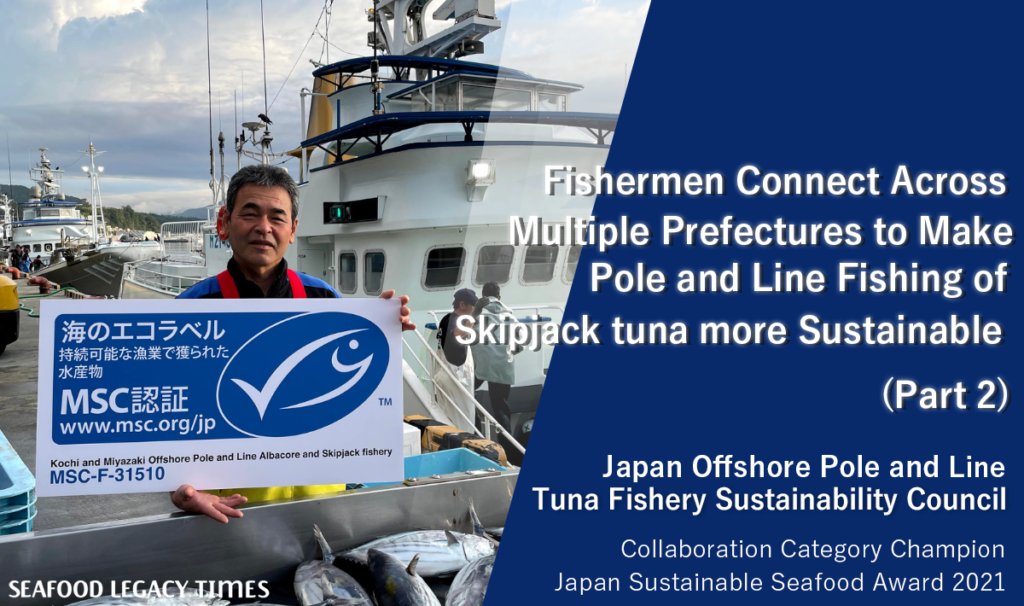
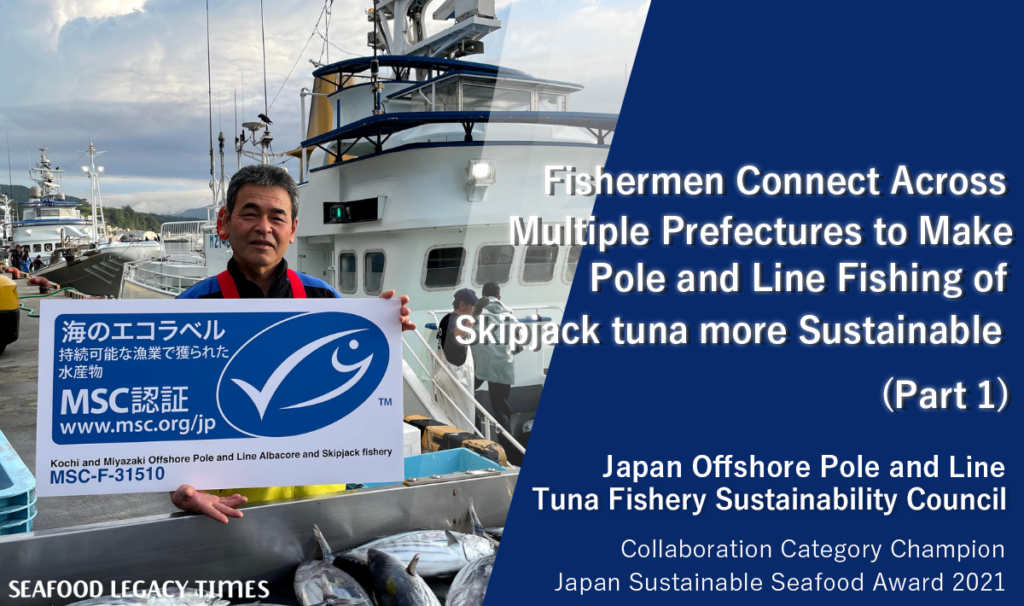
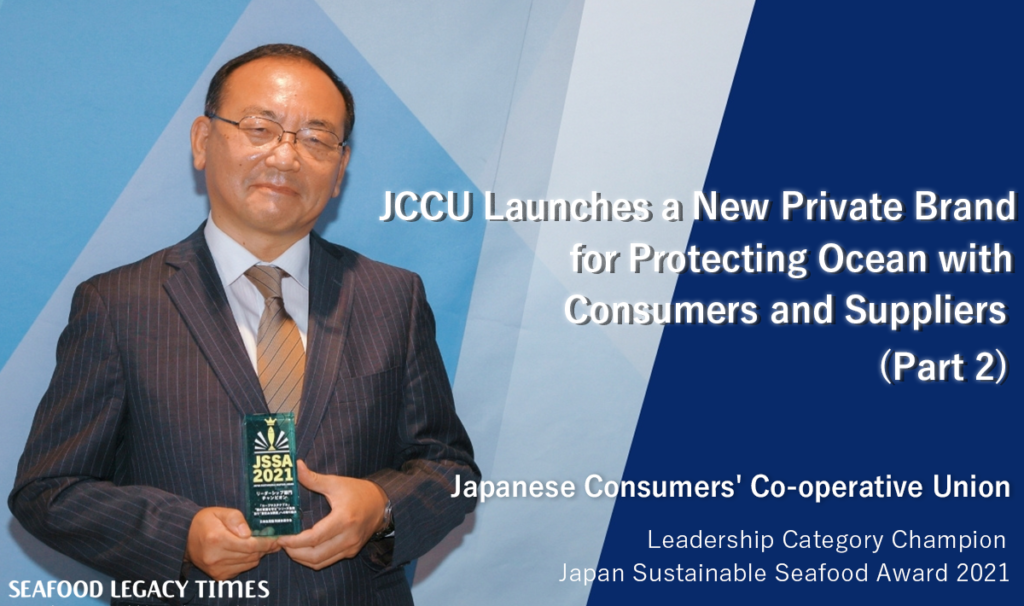
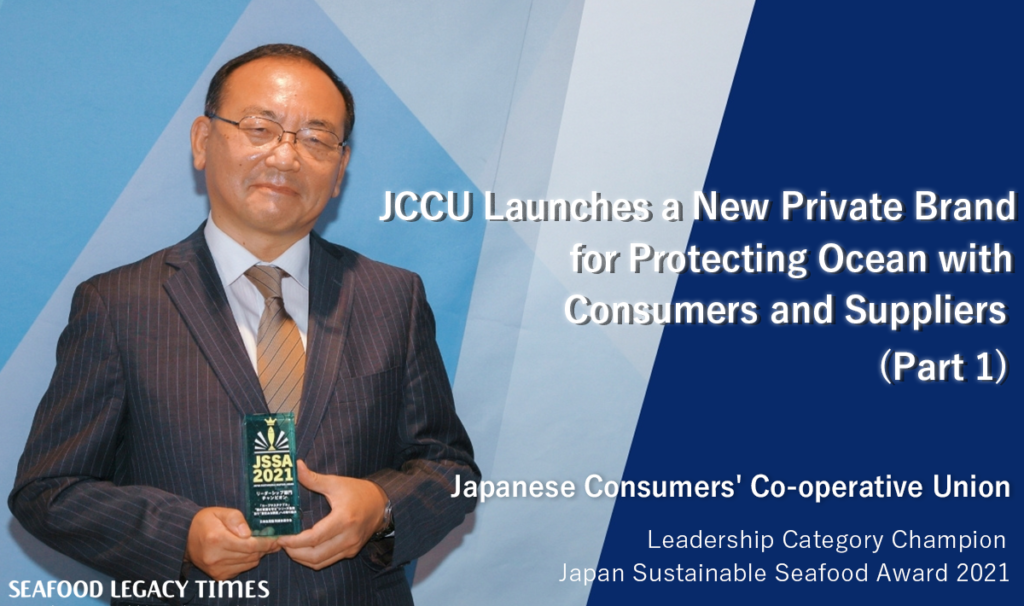
Part2-1024x606.png)
Part1-1024x606.png)
